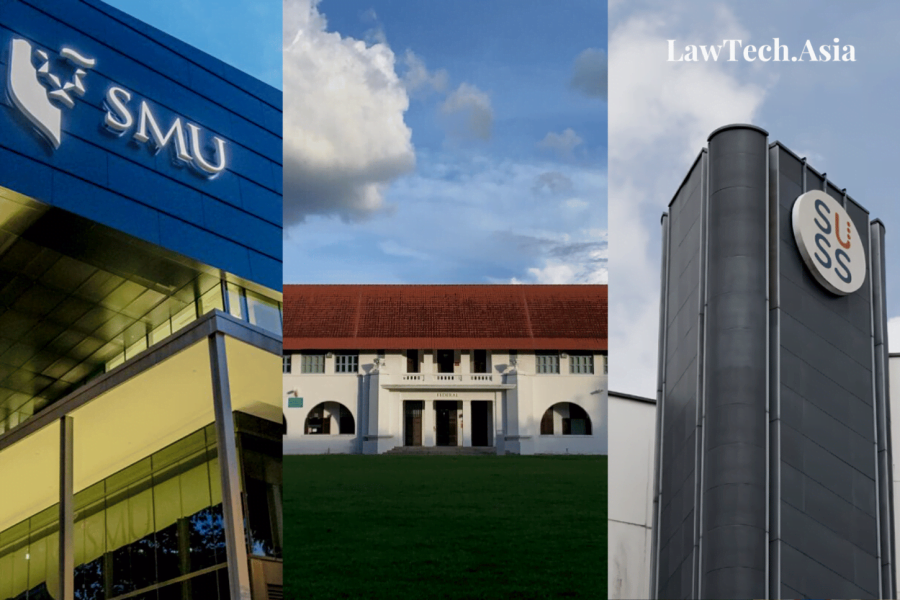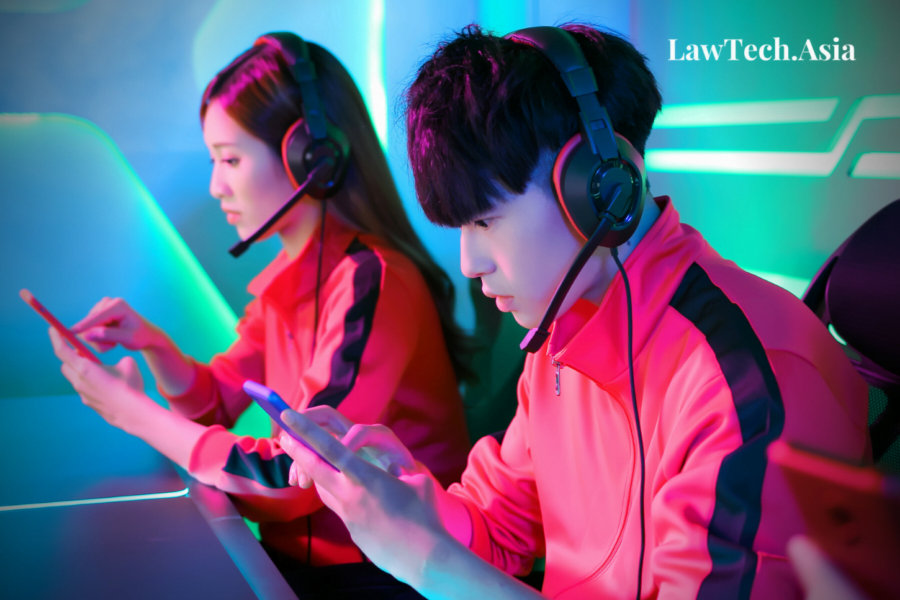Written by Kaelynn Kok Chu Shuen | Edited by Josh Lee Kok Thong
LawTech.Asia is proud to collaborate with the Singapore Management University Yong Pung How School of Law’s LAW4060 AI Law, Policy and Ethics class. This collaborative special series is a collection featuring selected essays from students of the class. For the class’ final assessment, students were asked to choose from a range of practice-focused topics, such as writing a law reform paper on an AI-related topic, analysing jurisdictional approaches to AI regulation, or discussing whether such a thing as “AI law” exists. The collaboration is aimed at encouraging law students to analyse issues using the analytical frames taught in class, and apply them in practical scenarios combining law and policy.
This piece, written by Kaelynn Kok, considers several legal issues around the use of copyrighted material in generative AI training. These include: (a) the appropriate balance Singapore should strike between protecting the rights of creators and supporting AI innovation; (b) whether Singapore’s existing copyright defences are applicable to protect AI developers from copyright infringement claims; and (c) the best approach for Singapore to take.





